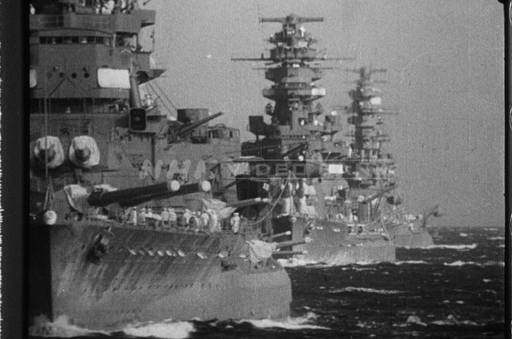

Why did Germany surpass Britain economically after WWII? After World War II, Germany experienced an economic recovery and growth that eventually surpassed that of Britain. Several factors contributed to Germany’s economic success:
Marshall Plan:
The Marshall Plan, officially known as the European Recovery Program, provided significant financial assistance to Western European countries, including Germany, to help them rebuild their economies after the war. Germany received substantial aid, which played a crucial role in its reconstruction.
Currency Reform:
In 1948, Germany introduced a new currency, the Deutsche Mark, as part of a comprehensive economic reform. This helped stabilize the economy and contributed to the establishment of the social market economy, a system that combined free-market capitalism with a strong welfare state.
Industrial Base and Technology:
Germany had a strong industrial base and a skilled workforce, which allowed for a rapid recovery and expansion of production. The country was able to leverage its engineering and manufacturing expertise to rebuild and modernize its industries.
Decentralized Industrial Structure:
Germany’s industrial structure was more decentralized compared to Britain. The presence of a large number of medium-sized companies, known as the Mittelstand, contributed to economic resilience and adaptability. These companies played a vital role in Germany’s economic recovery.
Education and Research:
Germany placed a strong emphasis on education and research. Investments in science and technology contributed to innovation and the development of advanced industries. The emphasis on technical education helped create a skilled workforce.
Labor Market Reforms:
Germany implemented labor market reforms that contributed to flexibility and efficiency. The cooperation between employers and trade unions, often referred to as the social partnership, helped maintain industrial peace and stability.
Focus on Exports:
Germany adopted an export-oriented economic strategy, emphasizing the sale of goods and services in international markets. This approach contributed to a trade surplus and helped boost economic growth.
Integration with European Economic Community (EEC): Germany played a key role in the formation of the European Economic Community, the precursor to the European Union. Economic integration within Europe facilitated trade and economic cooperation, providing additional opportunities for growth.
It’s important to note that while Germany experienced significant economic success, Britain faced challenges such as the cost of maintaining its global empire, post-war austerity measures, and the nationalization of industries, which may have hindered its economic recovery in comparison. Additionally, the specific economic and political contexts of each country played a crucial role in shaping their post-war trajectories.




